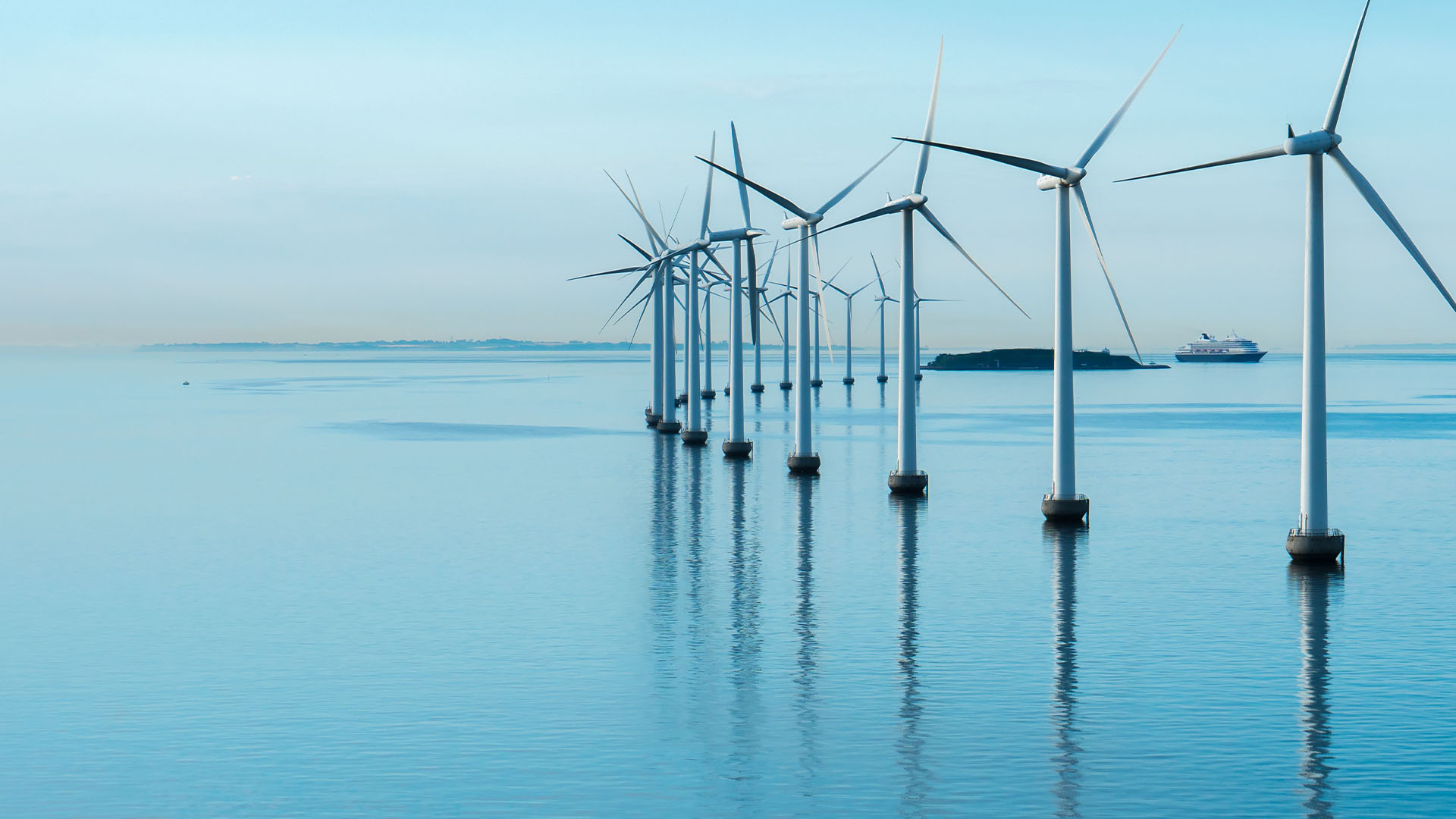
Publication
Insurance regulation in Asia Pacific
Ten things to know about insurance regulation in 19 countries.


Australia | Publication | February 2023
This article was co-authored with Jack Brown.
On 8 December 2022, the Department of Climate Change, Energy, the Environment and Water (DCCEEW) released two guidance documents on the feasibility licence application process as well as the forms to be completed by feasibility licence applicants.1
The two guidance documents are:
The Feasibility Administration Guideline is intended to assist prospective licence holders, and other stakeholders, to understand the requirements and processes for licensing under the Offshore Electricity Infrastructure Act 2021 (Cth) (OEI Act) and the Offshore Electricity Infrastructure Regulations 2022 (Cth) (OEI Regulations). It covers much of the detail already set out in the OEI Act and OEI Regulations as well as providing some new important information.
Of particular relevance to proponents is the guidance as to the matters the Offshore Infrastructure Registrar will consider in assessing competing feasibility licence applications.
Some key points to note are:
The Registrar Forms Guidance has been prepared to assist applicants and licence holders in making valid applications and notifications to the Registrar under the OEI Act and OEI Regulations.
It confirms the mandatory procedural requirements for a valid application, and for processing to begin. These include such items as applications being submitted in the approved manner and form and within any prescribed timeframes; validly executed; fees paid; and all required documents included at the time of lodgement (including the suitability disclosure forms2.)
The Registrar Form Guidance also sets out in detail the requirements for the content of the application, including:
The Climate Change (Consequential Amendments) Act 2022 (Cth) amended the OEI Act requiring the Minister for Climate Change and Energy to have regard to Australia’s greenhouse gas emissions reduction targets under the Paris Agreement when making, varying or revoking declared areas for offshore wind development under the OEI Act.
We have yet to see how this mandatory consideration will impact future declarations, but expect it will facilitate those declarations as a means to furthering Australia’s transition to renewable generation.
In our previous update, we discussed the introduction of the Offshore Electricity Infrastructure Legislation Amendment Bill 2022 (Cth). This Bill, which was subject to a Senate Environment and Communications Legislation committee inquiry, passed unamended and came into force on 1 December 2022. It has amended the OEI Act and the Customs Act 1901 (Cth) (Customs Act).
This Act has amended:
For more information on the progression of Australia’s Offshore Wind Regulatory Framework please see our previous update here.
Our energy practice has a good understanding of the developing offshore wind market in Australia, and we are currently advising a number of potential proponents in the sector.
Globally and within Australia, we have been involved with offshore wind right from the start. We have advised on all aspects of the development, financing, operation, sale and purchase of more than forty five offshore wind projects across the UK, Europe, Americas and Asia as well as advising on the creation of regulatory frameworks for offshore wind in the UK.
This unique offering has enabled us to garner a reputation for understanding the complex issues that are specific to offshore wind, allowing us to draw on this experience and knowledge to help our clients succeed in new markets.

Publication
Ten things to know about insurance regulation in 19 countries.
Subscribe and stay up to date with the latest legal news, information and events . . .
© Norton Rose Fulbright LLP 2025